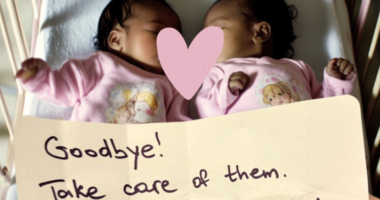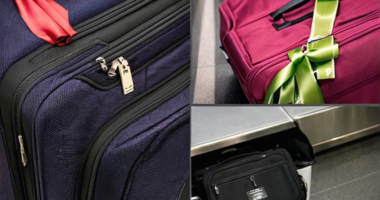[ad_1]
“Getty Images Files Copyright Infringement Lawsuit Against AI Art Generator Stable Diffusion in the US”
Getty Images has filed a lawsuit in the US against Stability AI, creators of the open-source AI art generator Stable Diffusion, escalating its legal battle against the company.
The stock photography company has accused Stability AI of “a brazen infringement of Getty Images’ intellectual property on an astounding scale.” It alleges that Stability AI copied more than 12 million images from its database “without permission…or compensation…as part of its efforts to build a competing business” and that the startup violated both the company’s copyright and trademark protections.
The lawsuit is the latest salvo in an ongoing legal battle between creators of AI art generators and rights holders. AI art tools require illustrations, graphics, and photos that can be used as training data, often removing them from the web without the creator’s consent.
The latest in a rapidly evolving legal battle between AI startups and rights holders
Getty announced last month that it had initiated “legal proceedings in the High Court of Justice in London” against Stability AI. However, that lawsuit has not yet been served, and the company did not say at the time whether it intends to pursue legal action in the United States. Stability AI is also being sued in the US along with another AI art startup, Midjourney, by a trio of artists seeking a class action lawsuit.
“We can confirm that Getty Images filed a lawsuit against Stability AI, Inc. in the US District Court in Delaware on Friday,” said Anne Flanagan, Vice President of Communications at Getty Images The edge. “Getty Images has also lodged a complaint in the High Court, which has not been served at this time. As is customary in the UK, Getty Images sent a reply to a letter on January 16, before Stability AI Limited took action within a standard timeframe. Stability AI Limited has acknowledged receipt of this letter.”
Legal experts say the Getty Images case has stronger foundations than the artists-led lawsuit, but warn that in such an uncharted jurisdiction, it’s impossible to predict an outcome.
Andres Guadamaz, a British academic specializing in AI and copyright law, said Getty’s complaint was “very strong”. on twitter. “The lawsuit is technically more accurate than the class action,” Guadamaz said. “The case will probably be on the [copyright] infringement suit, and the defendants are likely to argue fair use. Might go either way.”
Aaron Moss, copyright attorney at Greenberg Glusker and editor of the copyright lately blog, tweeted: “Getty’s new lawsuit is a lot better than the over-the-top class action lawsuit I wrote about last month. The focus is where it should be: capturing copyrighted images at the input stage to train the data. This is going to be an intriguing fair use fight.”
Speak with The edge via DM, Moss, who was the first to post the full complaint on his blog, noted that the alleged class action “focused much more on the professional harm done to working artists by the proliferation of AI tools,” while Gettys focuses “to the fact that it was not paid to use its images”. Notably, Getty has licensed its images and metadata to other AI art generators, underscoring the fact that Stability AI intentionally scraped its images without permission.
The copyright infringement arguments in the lawsuit will relate to the interpretation of the US fair use doctrine, which protects unlicensed uses of copyrighted works in certain scenarios. The concept of “transformative use” is also likely to be an important factor. Is the output of Stable Diffusion sufficiently different from the training data? Recent research has found that the software does remember some of its training images and can reproduce them almost exactly, although it does so in very few cases.
Another argument from Getty Images relates to its brand. Stable Diffusion has been known to replicate the company’s watermark in some of its images, and Getty argues that the appearance of this watermark on the “bizarre or grotesque images of the model dilutes the quality of the Getty Images marks through blurring or hazing.”
An example of a “grotesque” AI-generated image with the Getty Images watermark in the lower-right corner. Image: Getty Images
However, Moss warned that the case will only move slowly. He notes that it was filed in the Delaware District Court and that the court’s records are “fairly secure.”
“I’m working on a case there and I’ve been told that judges routinely take months (sometimes up to 6-9 months) to rule on dismissal motions after they’re filed,” Moss said The edge. “It will likely be several years before the Getty Images case progresses through discovery and summary judgment motions before trial.”
He points out that such fair use cases also require input from judges and juries. “The jury will decide all disputed questions of fact, but the final points of law should be decided by a judge,” says Moss.
The edge Stability AI has reached out for comment and will update this story if we get feedback.
Read Getty Images’ complaint (#1:23-cv-00135) in full below:
Getty Images v. Stability AI – lawsuit in Delaware District Court
Source: www.theverge.com
[ad_2]
Don’t miss interesting posts on Famousbio









